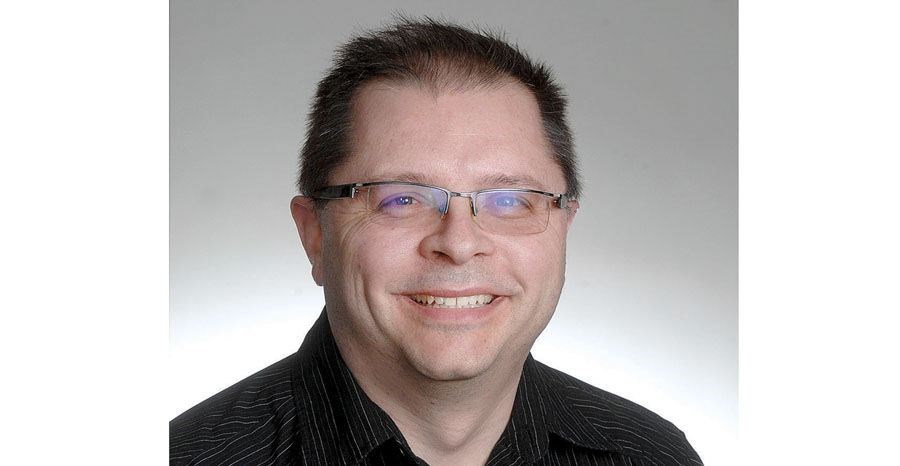Last week, the College of Physicians and Surgeons of B.C. issued a revised version of a five-page "interim guidance" report on physician-assisted dying, more commonly known as doctor-assisted suicide.
The document is beautiful in its simplicity and its level-headed approach to such a complex and morally challenging issue.
It lays out clear lines for where the rights and responsibilities of physicians start and end in regards to patients who want to end their own lives.
Based on the Supreme Court of Canada decision from a year ago, that patient must be "a competent adult person who clearly consents to the termination of life and has a grievous and irremediable medical condition (including an illness, disease or disability) that causes suffering that is intolerable to the individual." Note that a "terminal" diagnosis is not required.
The report provides a checklist of sorts for physicians and patients considering going down this road.
The patient must:
- Be 19 years or older (a parent cannot consent for a child).
- Offer consent, meaning they are both physically and mentally able to communicate their consent, over a reasonable period of time, defined as a minimum of 15 days. Consent cannot be provided by another person through power of attorney or through a living will.
The physicians must:
- Work in teams of at least two - an attending physicians and a consulting physician - and one of those physicians must be licensed in B.C.
- Not be related to the patient.
- Not work together in a practice "recognizing that in small, rural or remote communities that this may not be possible."
- Explain all treatment options, including assisted dying, to the patient and those options must be clearly understood by the patient.
- Halt the process "if at any time during the progression of the patient's condition, the patient loses the mental capacity to rescind his or her decision."
- State on the death certificate that physician-assisted dying arising from the underlying medical conditions was the cause of death.
There is also a checklist for doctors who choose to exercise their right not to perform physician-assisted dying. These doctors still have "an obligation not to abandon their patients." In that light, these doctors must:
- "Provide patients with enough information and assistance to allow them to make informed choices for themselves."
- Advise patients of other doctors willing to provide the service but they do not have to make a formal referral to another doctor, so long as the care provided is "continuous and non-discriminatory."
- Not discuss their personal beliefs in detail or pressure patients into justifying their beliefs.
The court suspended its decision until this June, to give the federal government time to bring in new legislation. The court also gave the individuals the right to apply for an exemption before June, a right exercised by a Calgary woman who obtained legal permission to go ahead with physician-assisted dying. Unable to find a doctor in Alberta willing to do so, two Vancouver doctors provided the service on Monday.
Thanks to the interim guidance report, these doctors were able to operate under thorough guidelines of what their professional, legal and patient obligations were.
The report is similar to established practices already in effect in Quebec and in the several American states that already allow doctor-assisted suicide.
Most importantly, it clearly rejects some of what's in the parliamentary committee recommendations, such as the inclusion of the mentally ill and "mature minors" under the age of 18. These provisions are too close to euthanasia and should be avoided.
The College of Physicians and Surgeons in B.C. has found the right balance in its interim guidance report, respecting both the rights of patients and of doctors.
What's needed now is the full support of the provincial government for that interim label to come off.



